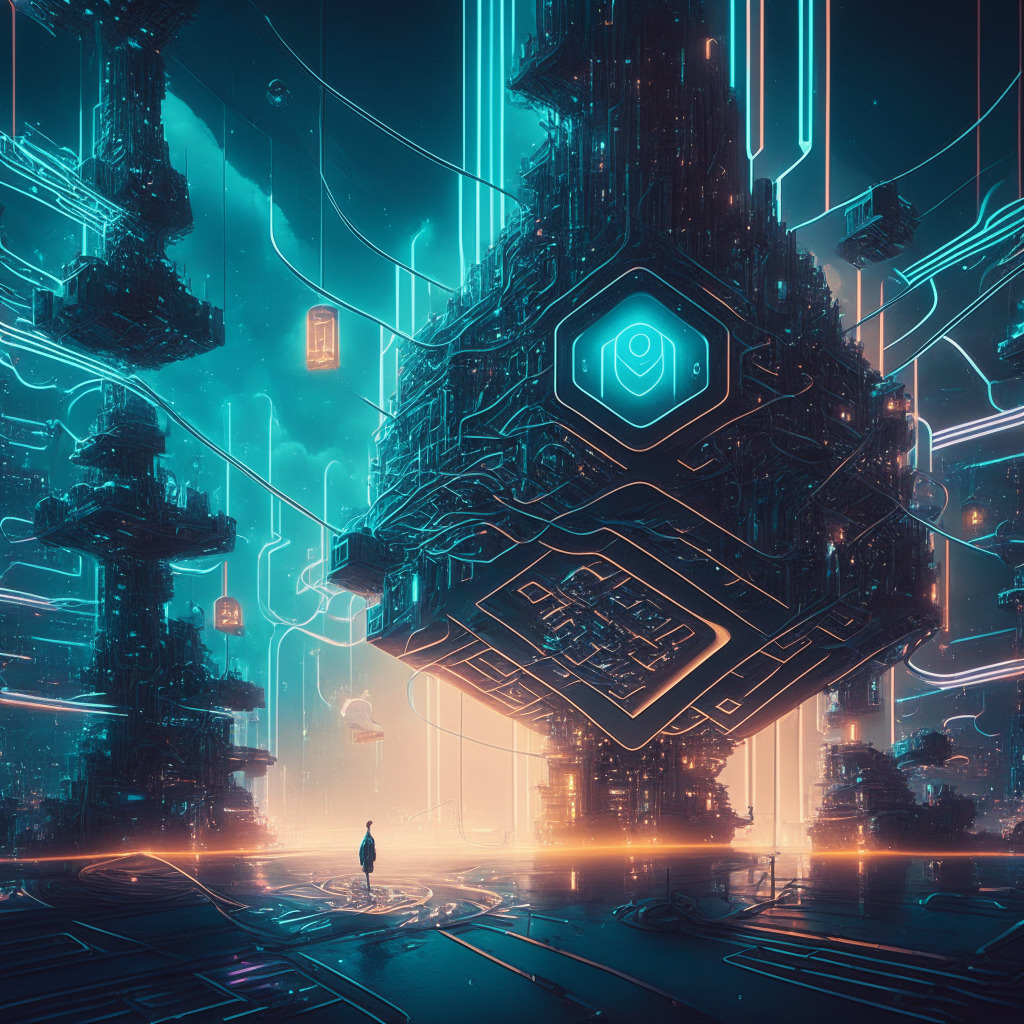The global rise and rapid progress of artificial intelligence (AI) is no longer news. Its transformative potential over various industries is clear. Yet, a critical obstacle stands in the way of large-scale adoption – inadequate transparency and trust. A possible solution? Decentralized computation via blockchain technology.
However, nothing good comes without a fair share of complication, as Dominc Williams, founder, and chief scientist of the non-profit research and development organization, DFINITY Foundation warns. The current lack of insight means there’s no way of validating the sources of data AI models feed on or even determining the collected data by the model. Until there’s a fundamental shift towards transparency, users will hold back from leveraging AI models in scepticism and distrust.
In the intersection between AI and blockchain, we find notable synergies that can propel both technologies through their integration. The problem, however, lies in inadequate infrastructure amongst most blockchain to support AI models. The reason? AI demands substantial computational resources and data sets. Most blockchains, unfortunately, are not fully decentralized. Instead, they rely heavily on centralized cloud infrastructures like Amazon Web Services and Google Cloud.
Current attempts to merge AI and blockchain technology might look good on the surface, but the reality is often far from the aim. AI tends to run WITH the blockchain rather than ON it. Plugins that connect centralized AI models to centralized cloud networks are being used with blockchain rather than addressing trust and transparency issues.
A completely decentralized blockchain, like The Internet Computer (ICP)—a network that Dominic helped develop—offers to solve this problem. ICP will allow AI models to run entirely within smart contracts, making training parameters and inputs both transparent and tamper-proof.
The application of AI on blockchain technologies fosters increased transparency, enhancing the credibility, accountability, and security of AI—in turn, breeding user trust. However, stereotypical ideas on how both technologies can work together must be debunked. The vision of AI on blockchain isn’t possible without a truly decentralized network, capable of storing and processing data within smart contracts.
A classic example is an AI model devised for doctors that spews out unverifiable responses based on unknown input data. In a decentralized environment, the AI model can leverage transparency, offering verifiable inputs and responses. Users can be assured of how their data is utilized, encouraging trust and fostering growth within the AI ecosystem.
In conclusion, AI and blockchain are destined to collaborate, promising safer, and more reliable information exchange. The blockchain, with its tamper-proof and decentralized nature, leverages AI’s potential, bridging the gap between current mistrust and future adoption. Together, these technologies pave the road towards a more decentralized and transparent tomorrow.
Source: Coindesk




